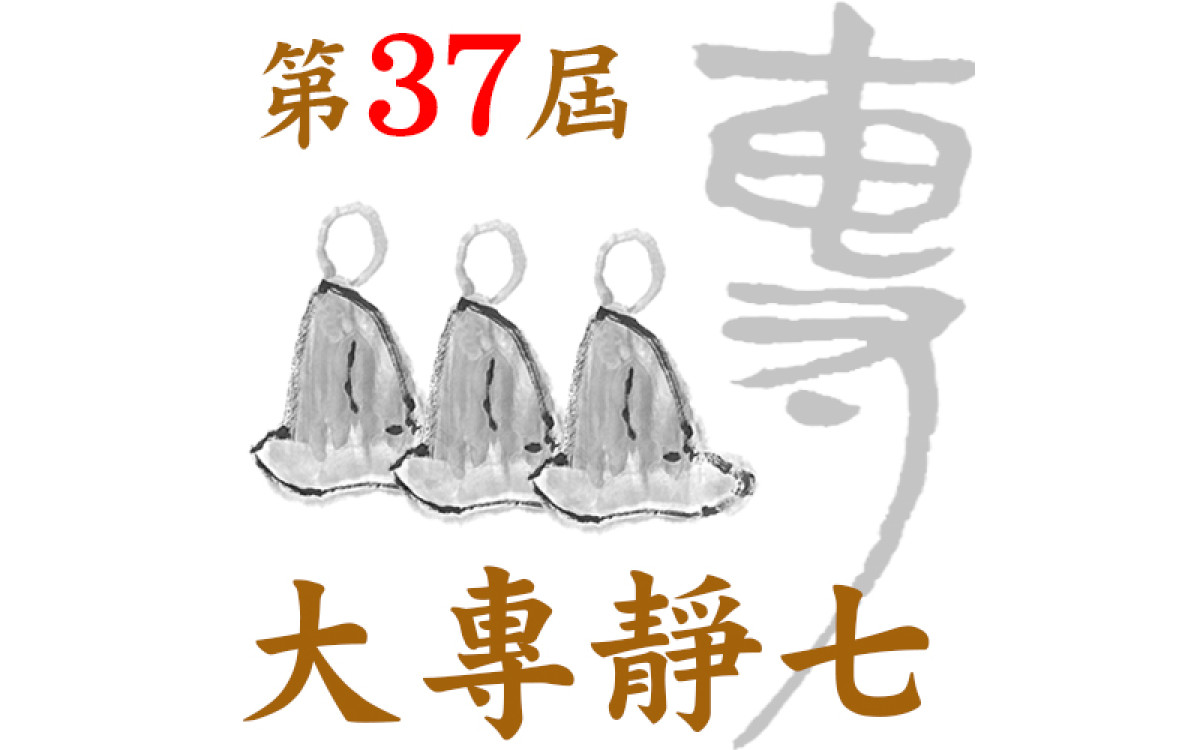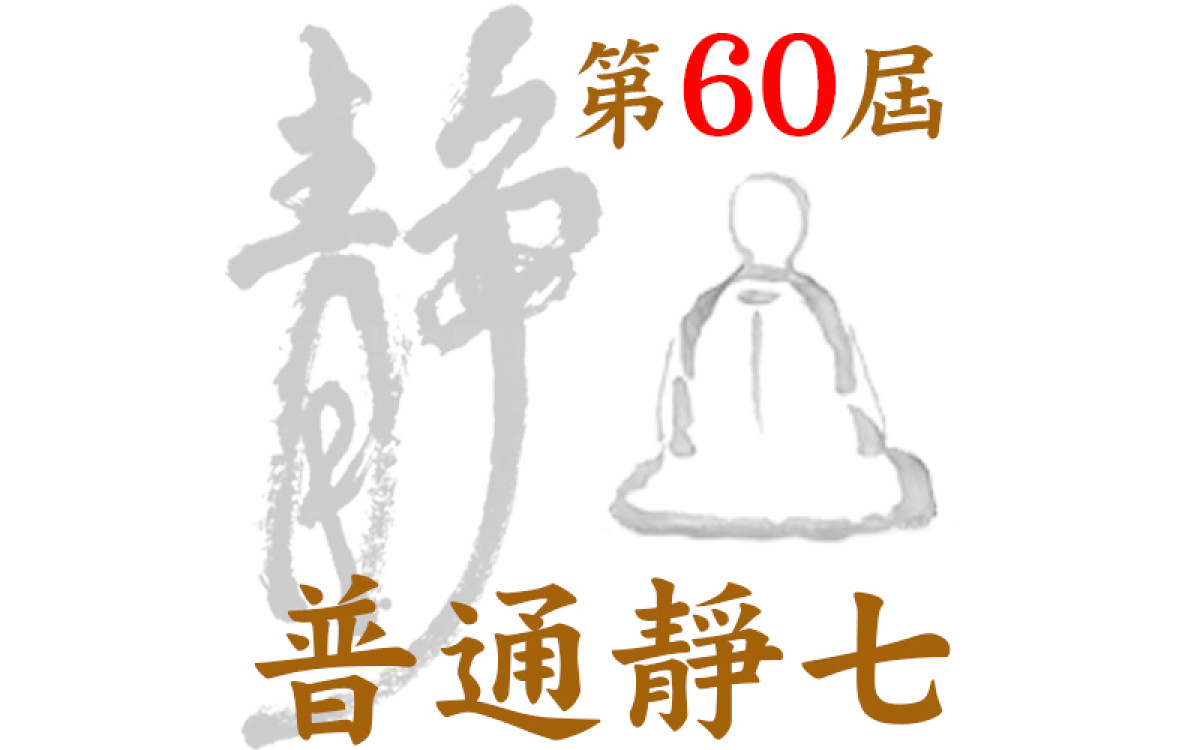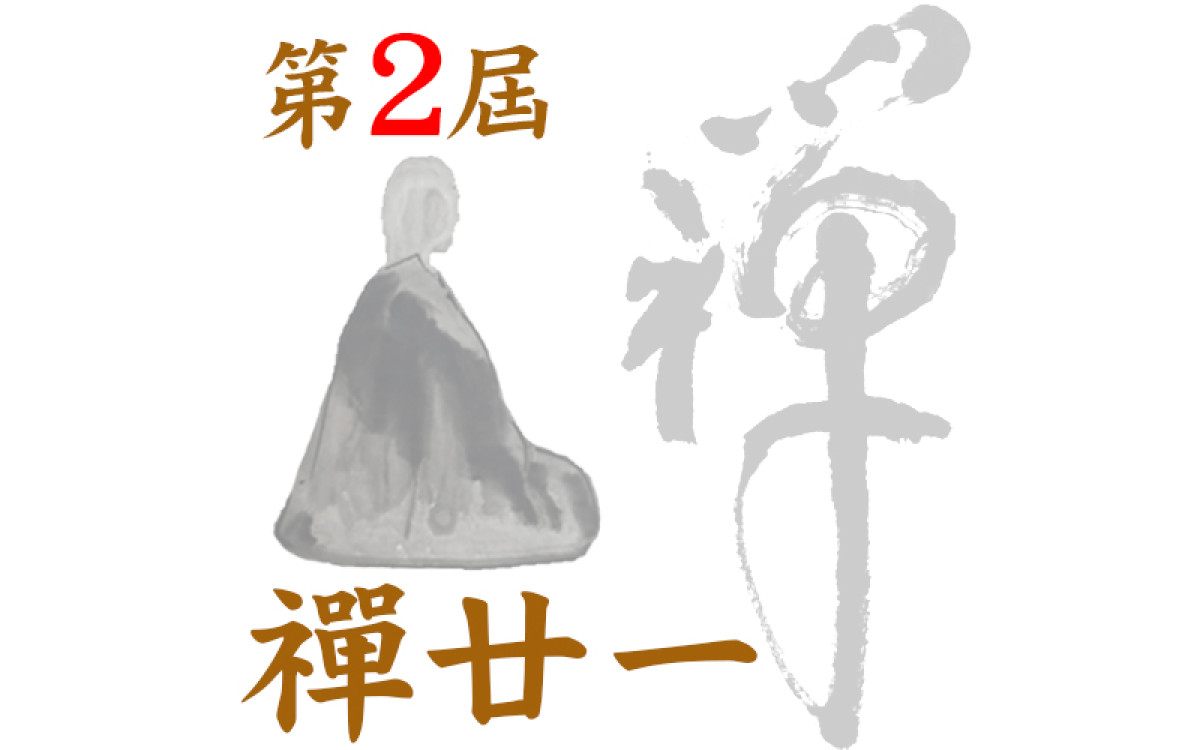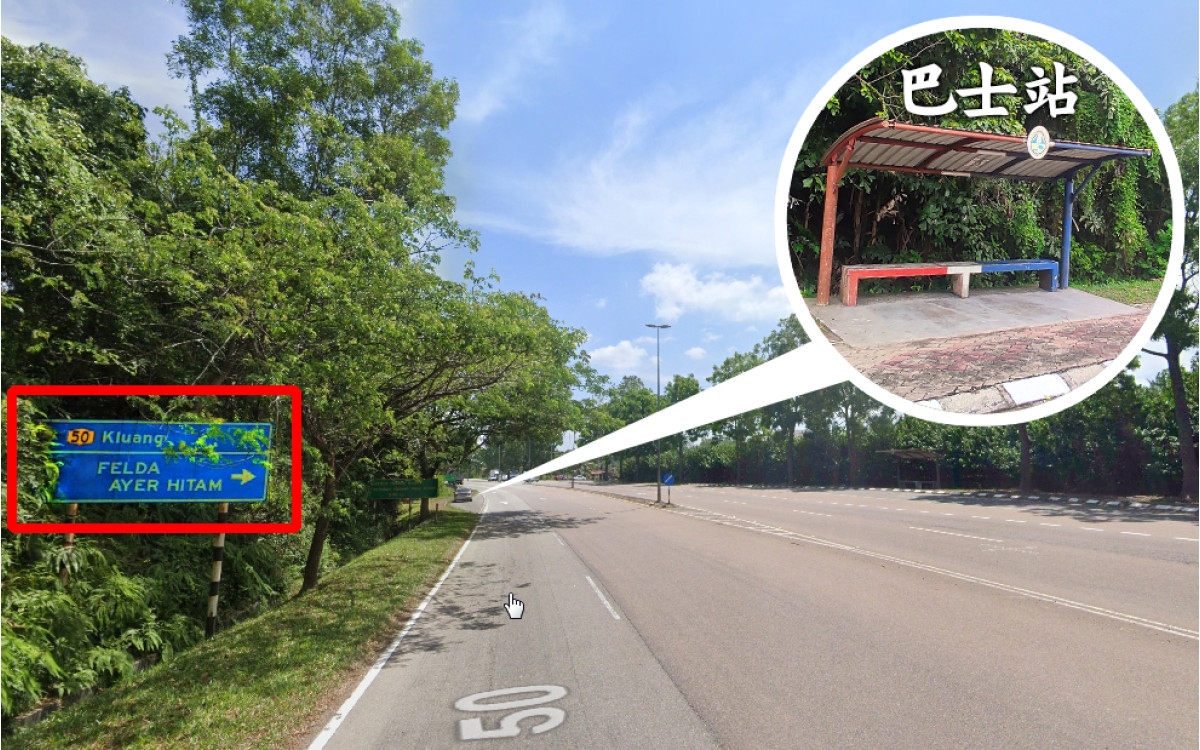The deeper meaning of "simplicity" is not about external simplification, but about internal wisdom and awareness. Through focus, right thoughts, wisdom, and practice, one achieves the unity of body and mind, the harmony of movement and stillness, which is also the life attitude and practice goal pursued by diligent Zen practitioners.
Search
Products meeting the search criteria
There is no product that matches the search criteria.
This poetic verse uses simple language to sketch a Zen-inspired landscape painting, yet within its lines, it reveals the profound wisdom of equality and non-duality. Using the metaphor of mountains and waters, the verse progressively unfolds the spiritual journey from "not being deluded by external circumstances" to "forgetting both self and objects," ultimately reaching a state of "unobstructed emptiness." It calls on people to return to their inner selves and realize the Zen state where "mountains and waters blend naturally into emptiness."
The poem "Heart" uses concise yet profound language to delve deeply into the exploration and realization of the "heart." Through the imagery of "listening to water," "listening to sounds," "listening to music," and "listening to the Dao," the poem guides readers into an inner realm that transcends words and senses. Centered around the concept of "soundlessness," it unveils the Buddhist ideas of "emptiness" and "self-nature."
身心在出現各種反應時,有些是內在的,只是從體內及內心裡產生,並沒有顯現為外在的作用。如此反應則當事者才會較清楚的知道和感受,但對於狀況,也許還不會明白,或如何處理。因此需要與有經驗或知識的老師溝通,從中去明白其狀況,並以方法處理或調整。
初修禪定或止觀法門者,皆需調和身姿及呼吸,而應用呼吸之觀及數作為調心法者,頗為一般,亦為觀呼吸法之應用,如此數數呼吸則為數息觀,如隨呼吸而凝住心念為隨息。這些方法皆為具體而實用的,尤其對散心者或妄念多者,是為止心之良方也。
悟是悟得一切法空無自性的本性,徹見生命個體的本牲,故而不再執有實、有常、有我,從而滅去造業流轉,生死不息的原動力,即破我見,滅我愛、我慢,生命個體在因緣組合中,仍然現為生滅的假相,但因見此虛幻之相,故而不再執染,從而不再因此「我」而造作流轉。
明心見性所成的佛,乃理性上、自性上的,尚未証得,是否如此深徹、透徹,尚有見因緣,因此見性者,尚須保任,繼續在事相上進修,至此所明之心,所見之性通通透透,徹徹底底,完完整整,圓圓滿滿的明見,而充份發揮。















































-1200x750.jpg)














